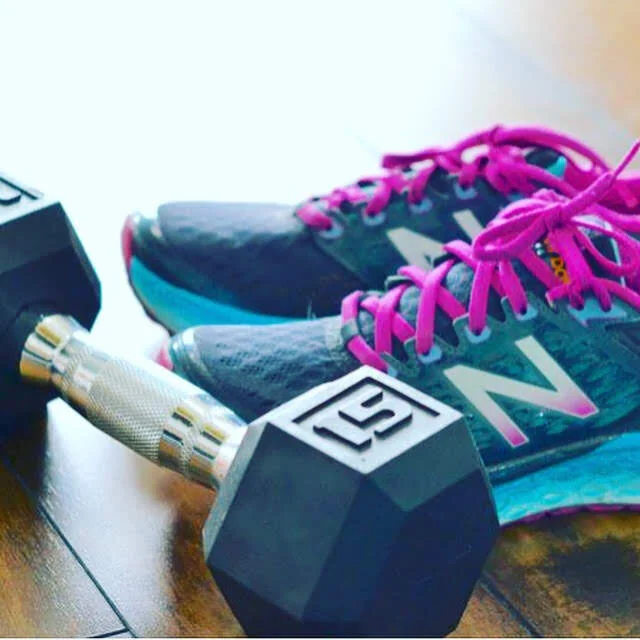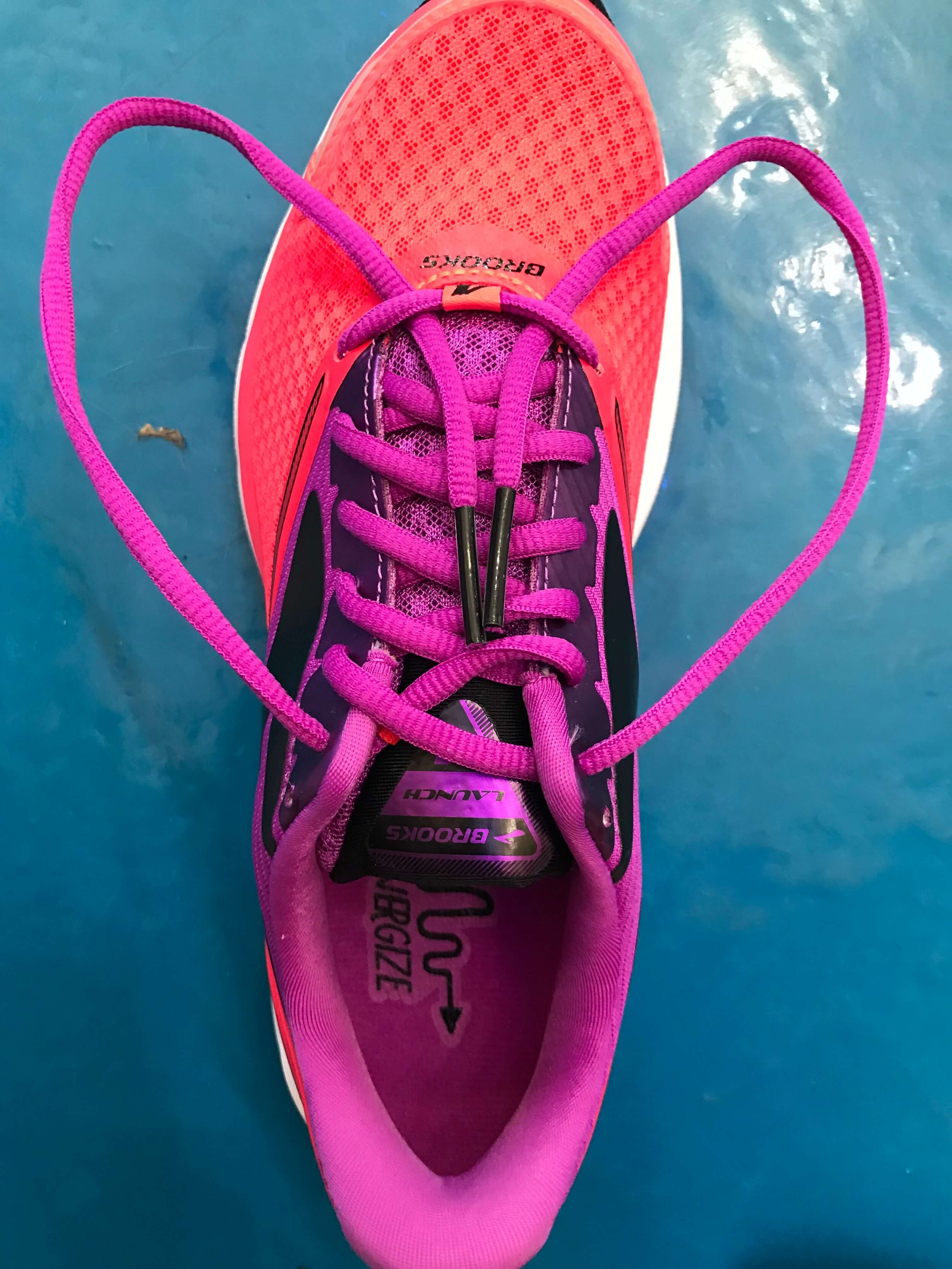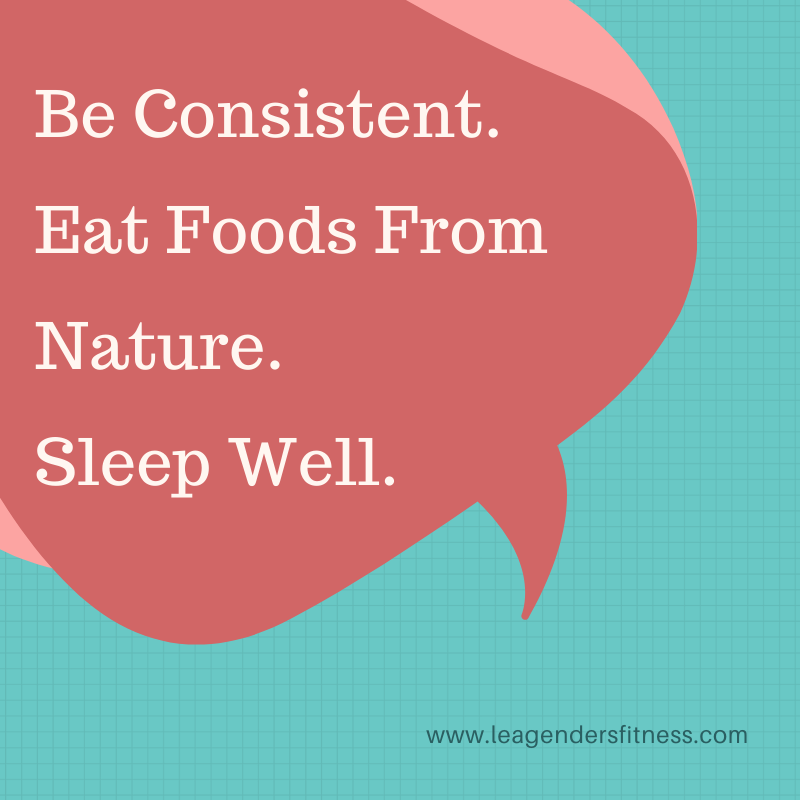One of the great things about running is that you don't need a lot of training, equipment or time commitment to get started. You can just lace up those running-specific shoes, hit the road and TA-DA, you're a runner. That is not to say that you won't learn a lot of lessons along the way. These are five things I wish I knew before I started running so I wouldn't have had to learn the hard way.
JUST SAY NO TO COTTON
Shirts, shorts and socks that are made of cotton material absorb water (aka sweat). If you run in cotton you'll end up with heavy, wet, sweat-stained clothes or blister-primed feet. Synthetic apparel wicks away moisture so the sweat is pulled away from your body. Look for man-made fabrics with wicking properties for the most comfortable running experience. (Can someone delete those old internet race pictures of me where I looked like I peed my cotton shorts?)
HAVE PATIENCE
Be patient with your progress. In order to avoid injury, burnout or overtraining, slow progression is ok, in fact it is the goal. It is natural for new runners to want to run too much and too fast. If you get injured you'll get knocked out of the game before you ever had a chance to start.
As general rules you should never increase your mileage by more than 10% each week and never increase intensity (speed) and distance (miles) in the same week. Increase your mileage for three weeks in a row then back off the fourth week for recovery. Endurance and speed will come. With time, patience and persistence you can achieve all your running goals, it just doesn't happen overnight.
LEAVE YOUR EGO AT HOME
No one cares about your running pace except you. You probably won't come in first place at any race. You probably won't come in last place either. (If you do, good for you for spending the maximum time on the course and getting the most of your race entry fee.) There will likely always be someone faster and someone slower. Never apologize for being a slow runner or say that you're not a "real" runner. You'll learn pretty quickly that running is a race against yourself and your former self. To "win" at running you mostly just have to overcome your own brain.
RESTING ISN'T LAZINESS
Your body adapts (aka recovers and grows stronger) during rest, not during the workout. If you never rest, you never allow your body the recovery time it needs to repair and rebuild. Taking scheduled rest days is essential to becoming a successful healthy runner. Listen to your body. I have found as I am getting older (old-lady talk) I need more rest days than I did even five years ago. This is normal. I'd rather take an extra rest day than get injured and not be able to run for weeks or months.
DON'T JUST RUN
If you've been reading this blog for any length of time you know that I am a huge proponent of strength training for runners. Why? Because for years I was a runner that only ran. I kept getting injured, sidelined and I plateaued in my running progress. I started strength training in addition to my running and became a stronger, less injury-prone, well-rounded athlete. I was a runner first who fell in love with strength training and the benefits much later. Strength training can be a game changer for beginners and advanced runners alike.
What are some things you wish you had known before you started running? Any questions? Need help with a running plan, strength training session or both? Let me know in the comments if I can help and check out my coaching services page.
LIke this post? Please consider sharing.
I am a NASM personal trainer and RRCA adult distance running coach that specializes in strength training for runners. I offer in-person training in the Shredshed, online training and Fit to Run bootcamps. If you are interested in a more in-depth running or strength training plan, please contact me. Have questions? I'd love to help.
While I am a certified personal trainer, I am not your personal trainer. Since I don't know your exercise abilities, injury background or medical history, please see your doctor before beginning any new exercise program. This is an opinion blog. No information in this blog is intended to be taken as medical advice or prescription. Please see your doctor and/or registered dietitian for any health concerns.


















Discover the 5 stages of fitness progression—from building the habit to optimizing your routine. Learn how to stay consistent, make progress at your own pace, and create a sustainable fitness lifestyle without the pressure of perfection.